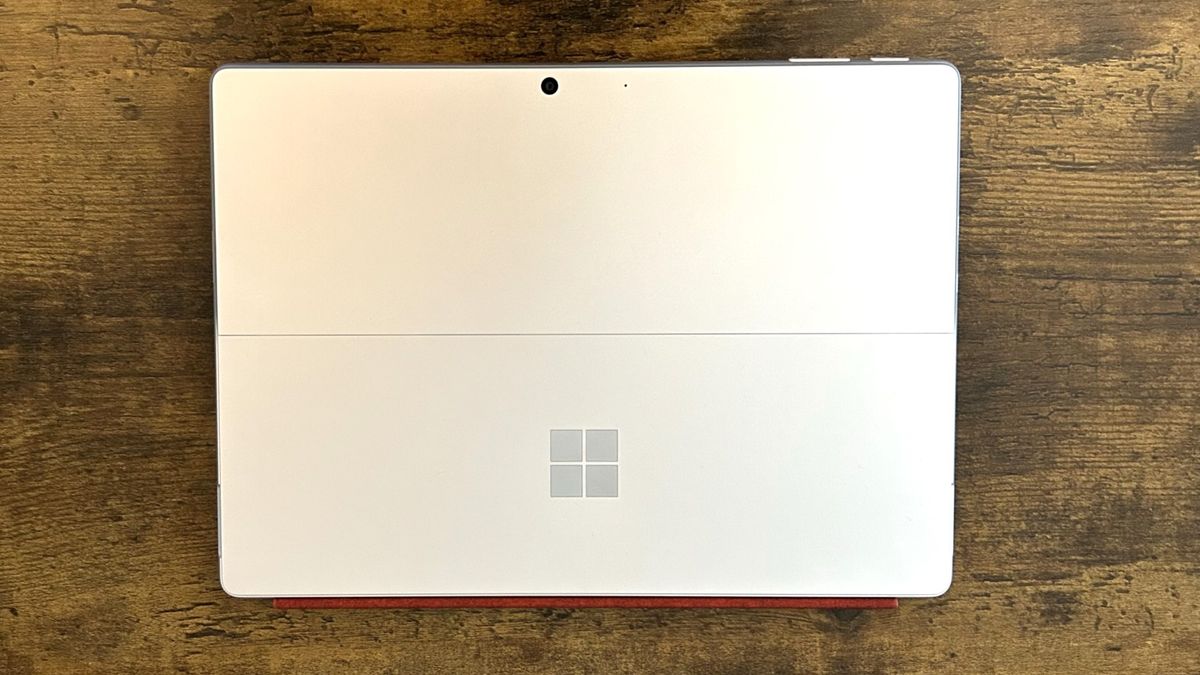Microsoft Windows AI

The headline emphasizes the new hardware – notably, this would be the first Surface Laptop powered by an ARM chip (sorry, Intel – though there will still be an Intel option). But the real key are the forthcoming software details:
The new Surface Pro and Surface Laptop will be some of the first devices on the market to support Windows 11’s upcoming wave of next-gen AI experiences launching later this year. These features include on-device Copilot functionality, a new real-time live captions and translations feature, video game upscaling and frame rate smoothing, enhanced Windows Studio Effects, and a new feature internally called “AI Explorer.”
According to my sources, AI Explorer is the blockbuster AI experience that will separate AI PCs from non-AI PCs. It's described as an "advanced Copilot" with a built-in history/timeline feature that turns everything you do on your computer into a searchable moment using natural language. It works across any app, and allows the user to search for previously opened conversations, documents, webpages, and images.
This strikes me as exactly the type of thing Microsoft, as still the world's leading desktop/laptop operating system creator, should be doing. If Microsoft has done anything interesting in the past couple decades with Windows, I'm honestly not aware of it. This would be interesting:
For example, you could type "find me that list of restaurants Jenna said she liked" and Windows will be able to bring up the exact conversation you were having when Jenna mentioned those restaurants. Even vague prompts should work, like "find me that thing about dinosaurs" and Windows will pull up every word, phrase, image, and related topic about dinosaurs that you've previously had opened on your computer.
There are a few startups who are trying to operate in this general space – the AI-powered "catch-all" service – the problem is that you really need extremely deep OS-level integration to allow this to work well. And the OS makers are unlikely to be okay with a third-party, let alone a smaller startup, accessing such layers. The risk is simply too high. So that leaves basically two players – Microsoft and Apple (and Google with ChromeOS, I suppose).
For all the hand-wringing about Apple and AI, this is something that would worry me if I were Cupertino. It's just exactly the type of thing that should be built into an OS (with the appropriate user opt-ins, of course). In a way, this is actually the next generation of search (because it would ideally include anything you searched for on the web as well). Just go about your business and let the AI sort it out when you need to recall/do something.
It's all so obvious that I'd actually be surprised if we don't hear about something along these lines at WWDC this year. macOS AI? And actually, as great as it would be on a desktop/laptop, it would obviously be far more powerful on a mobile device. This is obviously where Apple has a massive advantage over Microsoft (and where Google should be focusing in the space).
These new AI features are expected to ship this fall as part of the Windows 11 version 24H2 update, meaning AI PCs launching over the summer won’t have this functionality right away. It’s still unclear if Microsoft will talk about these new AI features on March 21, or if the company plans to wait a little while longer.
"Windows 11 version 24H2 update". Never change, Microsoft.

